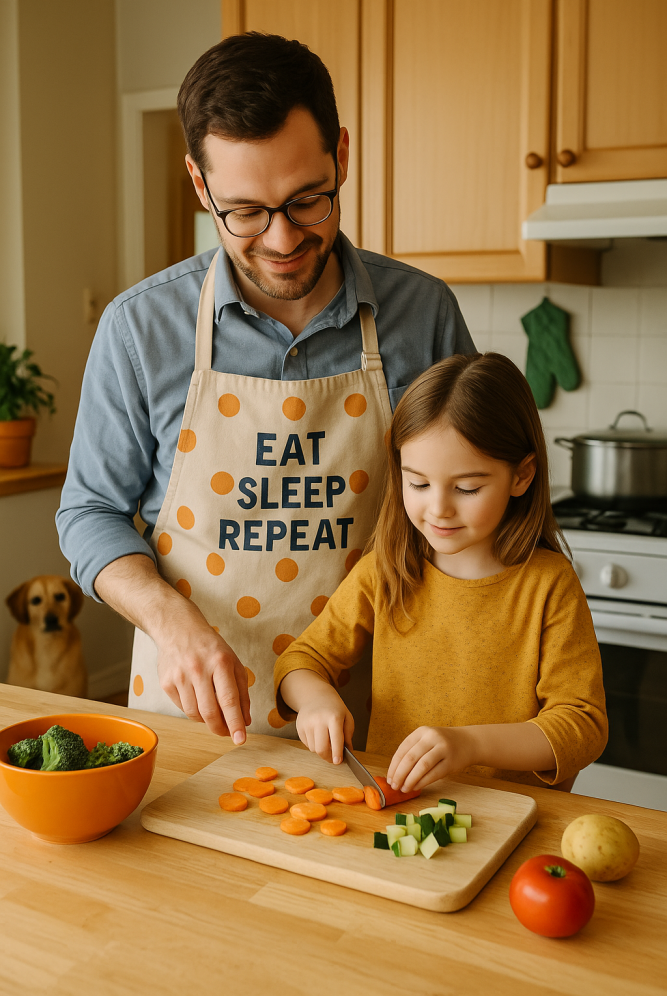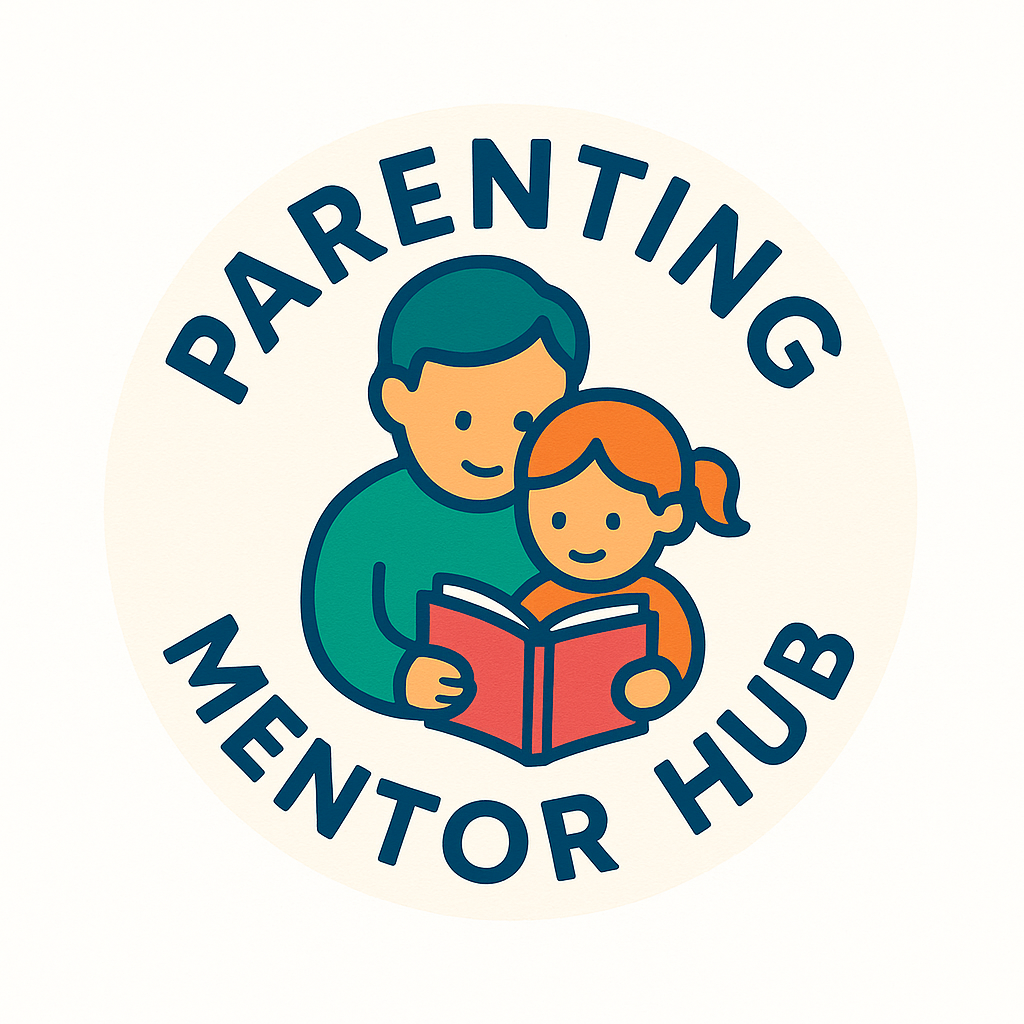
Cooking with children can feel messy, slow, and occasionally chaotic – but it’s also one of the most rewarding ways to support their development. From language and maths to coordination, patience and independence, time spent in the kitchen offers a surprising number of learning opportunities. Better still, it’s a chance to spend time together doing something meaningful, with a shared result everyone can enjoy.
Here’s how cooking helps children build a wide range of life skills:
1. Fine motor skills and coordination
Chopping soft fruit with a child-safe knife, peeling a banana, pouring flour or stirring batter all help develop fine motor control. These actions strengthen the small muscles in the hands and fingers. This is important for writing, using scissors and tying shoelaces.
Even simple tasks like tearing lettuce or spooning yoghurt into a bowl give young children a chance to practise hand-eye coordination in a fun and practical way.
2. Maths in real life
Cooking is full of practical maths: counting spoonfuls, weighing ingredients, and working out how many cupcake cases are needed. As children get older, they start to grasp measurements, fractions and timings, often without realising they’re doing anything to do with maths.
Reading scales or doubling a recipe provides hands-on experience with numbers in a way that makes sense to them.
3. Language development
Recipes are packed with new vocabulary: whisk, fold, grate, sift. As you talk through what you’re doing, children hear and use words that might not come up in everyday conversation. Cooking also introduces sequencing language – first, next, after that – which supports storytelling and early literacy skills.
For older children, following a written recipe builds reading comprehension and helps them develop the confidence to follow instructions independently.
4. Understanding where food comes from
Cooking helps children make the connection between ingredients and meals. They learn that chips come from potatoes, not just freezer bags, and that bread starts as flour, water and yeast. This understanding lays the groundwork for healthier food choices and a more adventurous approach to eating.
Involving children in food preparation also gives them a sense of ownership – and they’re often more willing to try something they helped to make.
5. Independence and confidence
As children learn to follow steps, solve small problems and see the results of their efforts, they grow in confidence. Starting with simple tasks and gradually taking on more responsibility shows them they are capable and trusted.
Even small achievements like cracking an egg without any shell getting added – or spreading butter without tearing the bread – can be quietly empowering.
6. Patience and teamwork
Not everything in the kitchen happens quickly. Waiting for the dough to rise or for cupcakes to cool teaches patience, while working alongside a sibling or adult encourages turn-taking, cooperation and resilience when things don’t go to plan.
Learning to clean up afterwards (even if reluctantly) is also part of the process!
Final thoughts
You don’t need to set up elaborate baking sessions for your child to benefit. Let them sprinkle the cheese on the pasta bake, mash the potatoes, or help pack their own lunch. It’s these everyday moments that help build skills that will be useful for years to come.
If you’d like some practical ideas for getting started, take a look at our follow-up post: [Cooking with Children: Age-Appropriate Kitchen Tasks]. It’s full of simple, manageable ways to involve children of all ages in everyday meal preparation.
